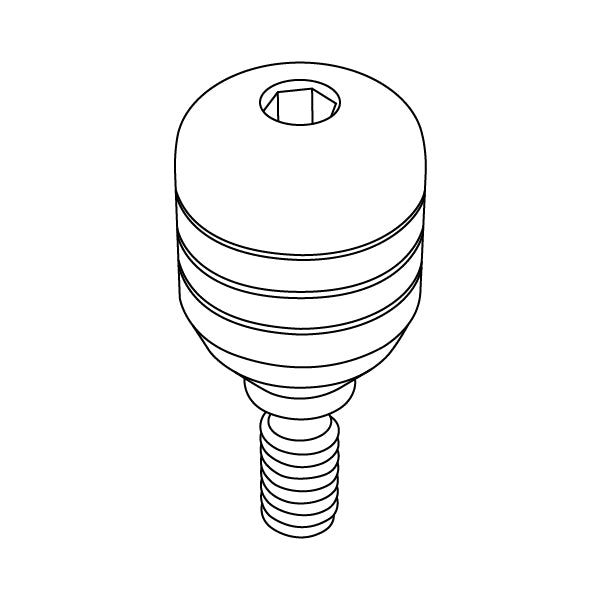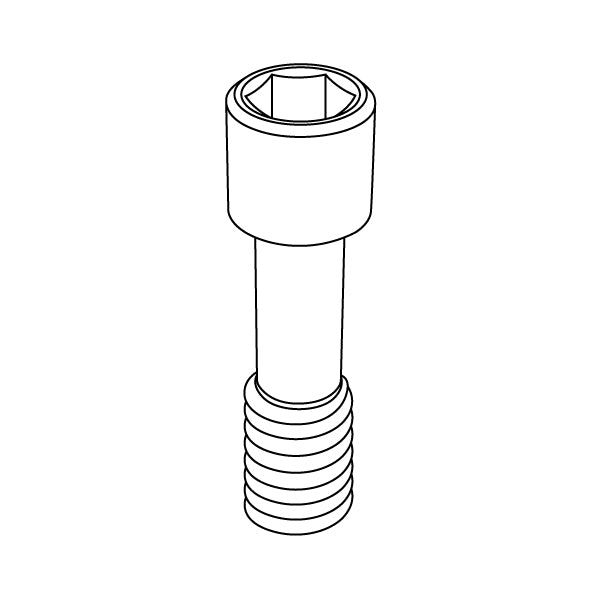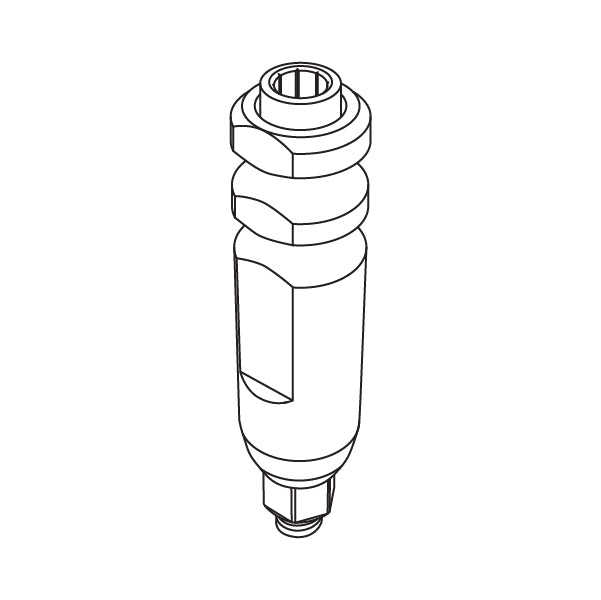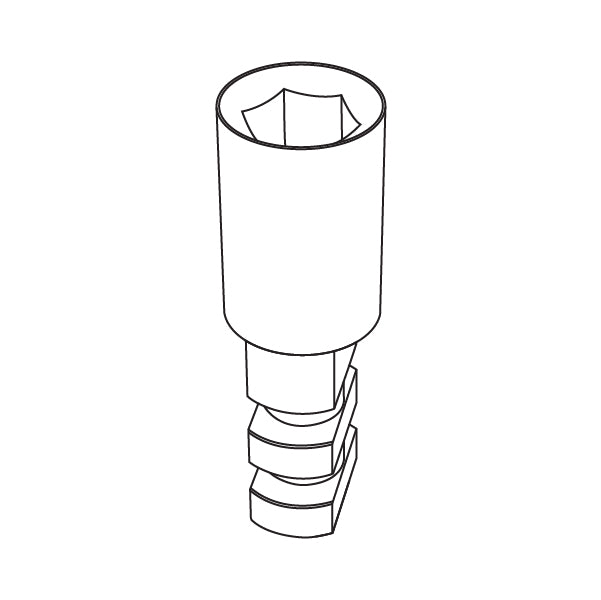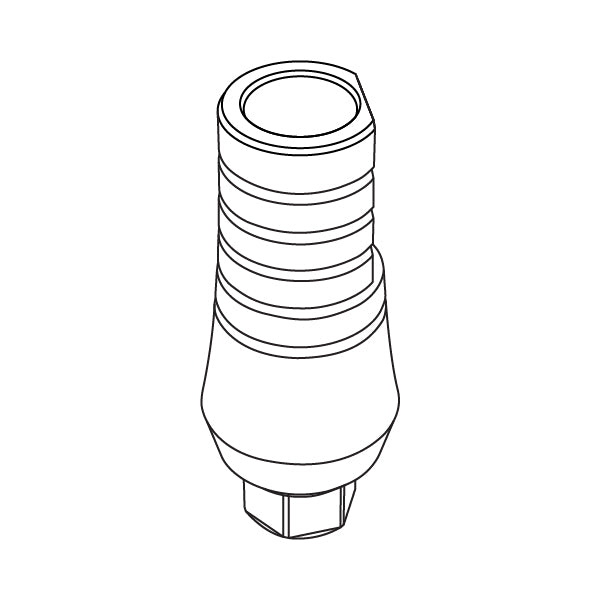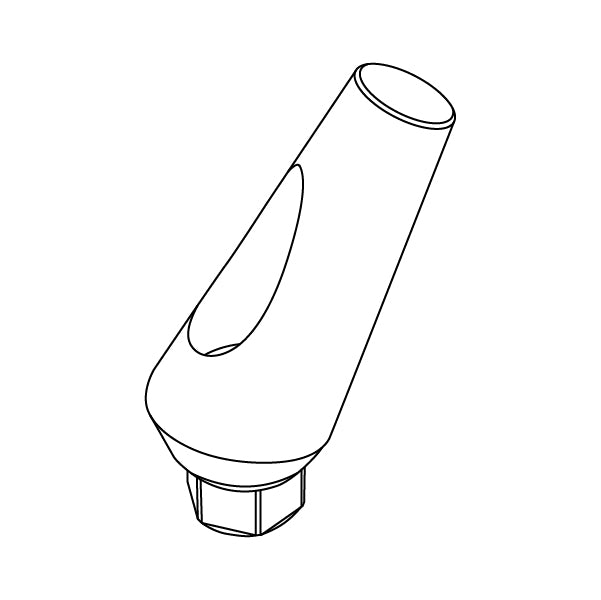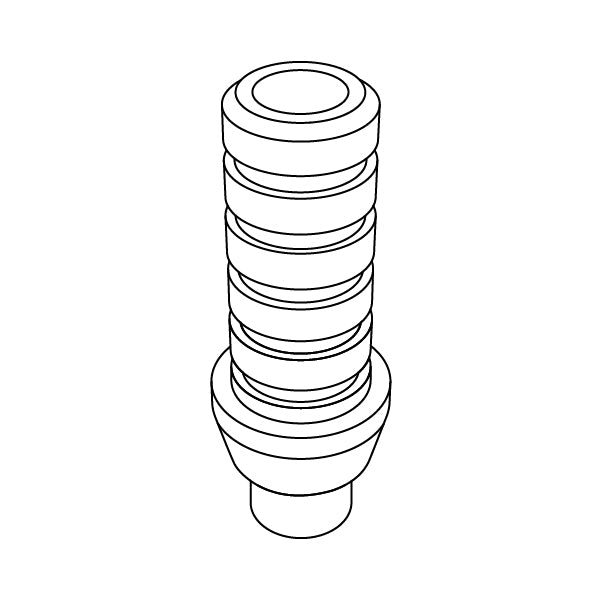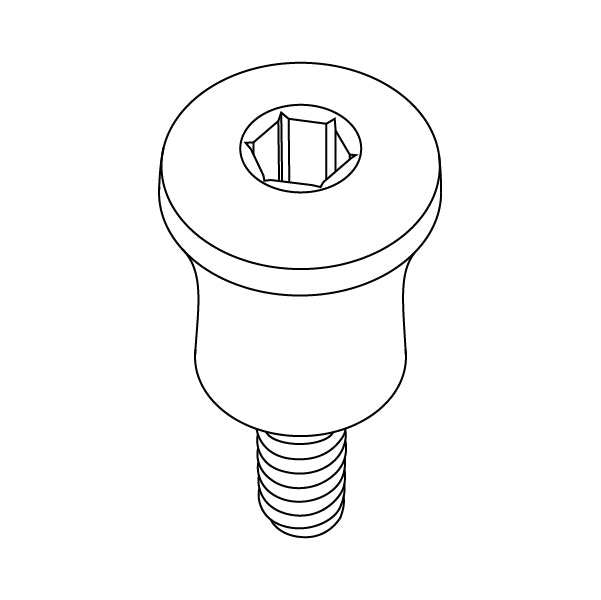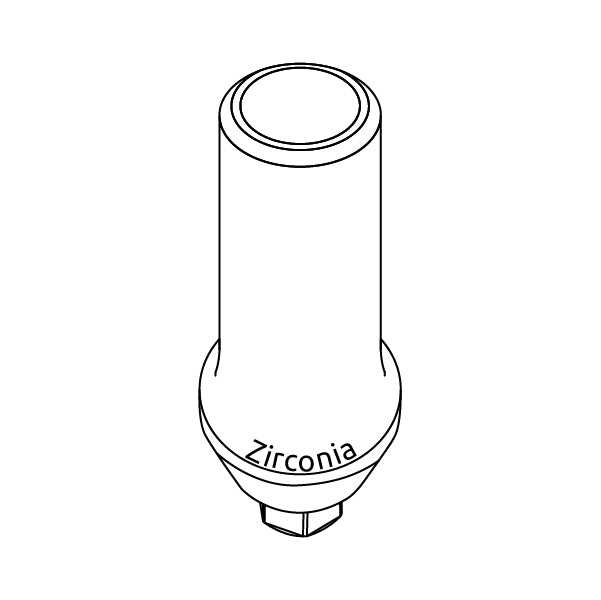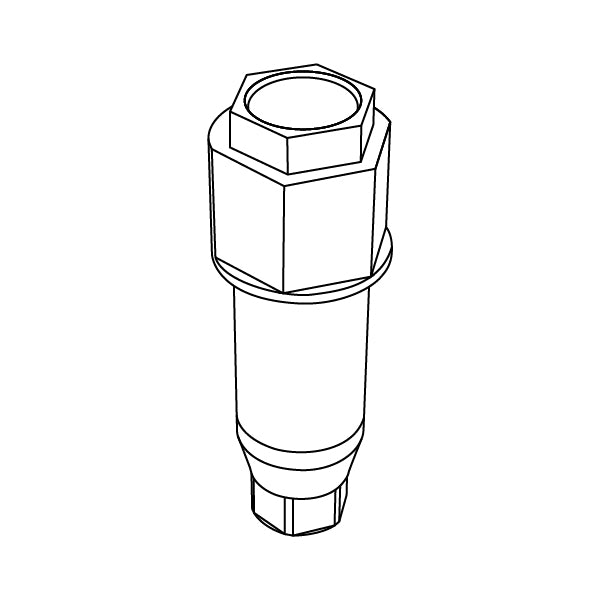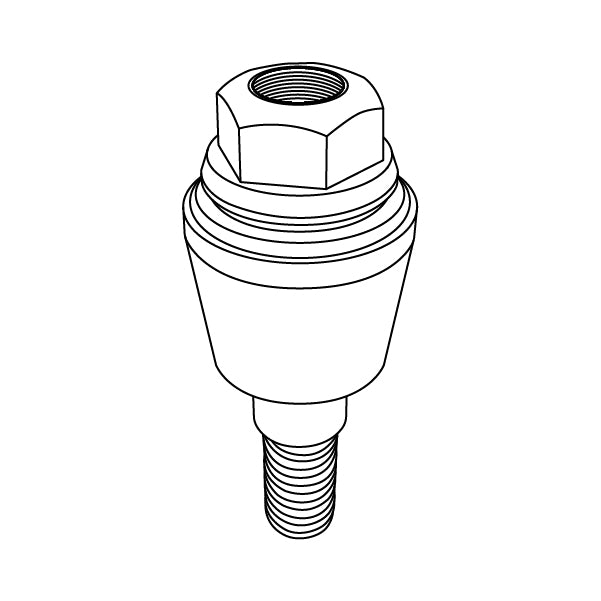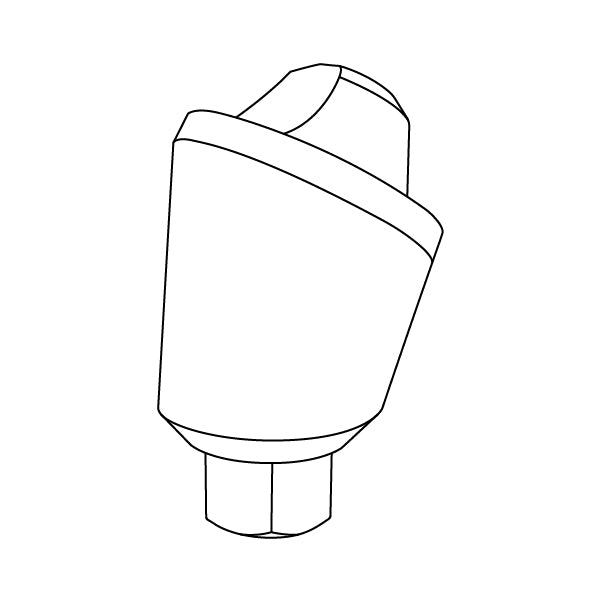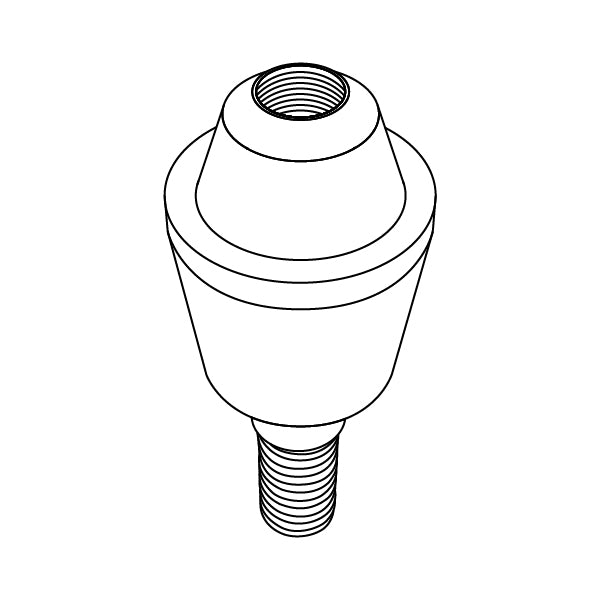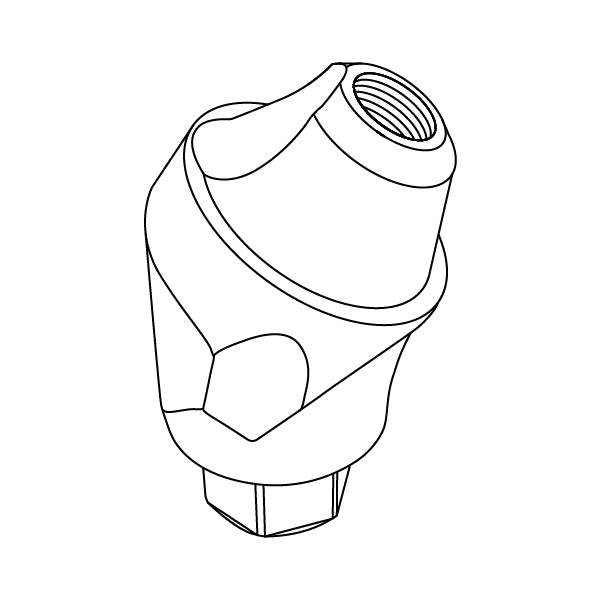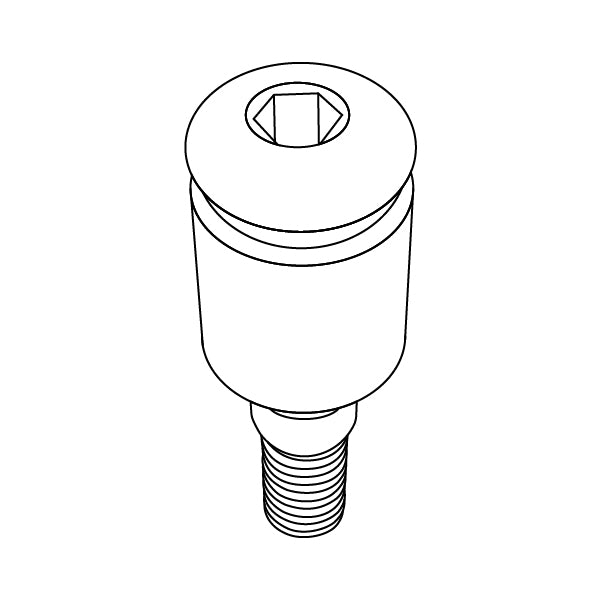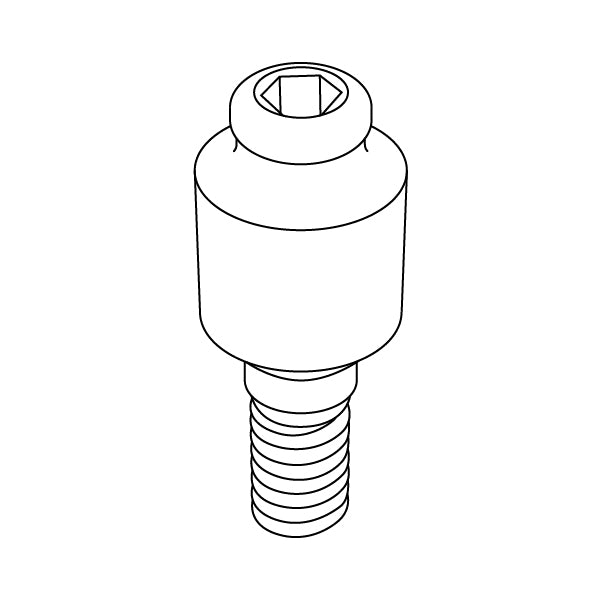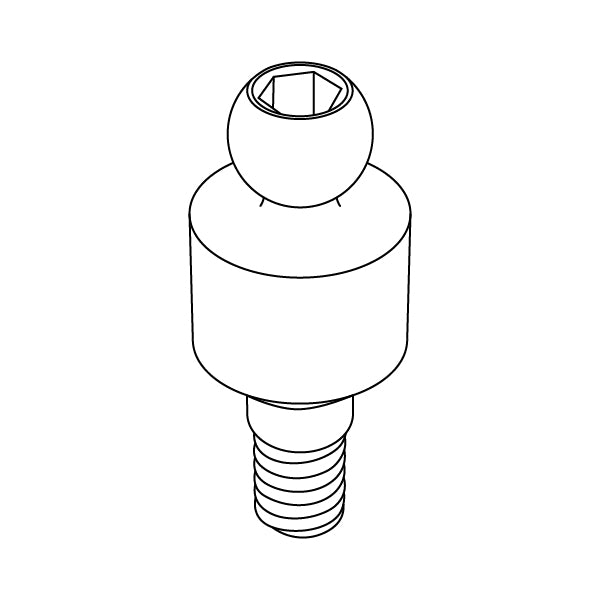Casting abutments are dental implant components custom-made in a laboratory by skilled dental technicians. They provide a customized fit, improved aesthetics, and high precision compared to pre-fabricated abutments.
They are commonly used in cases where a high level of precision and customization is required, such as in the esthetic zone, and can significantly improve the final outcome of the implant restoration process.
Open Description
FAQs
Casting abutments are usually custom-made in the laboratory by a dental professional to perfectly fit the patient they are being designed for. They are metal connectors that are usually placed into the dental implant so that they hold the crown in place by screwing it to the implant.
When a casting abutment is used rather than a regular one, a customized fit can be achieved, which produces better results and is a lot more comfortable for the patient. Furthermore, when the procedure is being done in an aesthetic zone where high precision is a must, the dentist will normally want to use a casting abutment.
When compared to procedures that do not make use of a casting abutment, its advantages become clear. If a dentist wants to achieve the best results for their patient, such as creating a natural emergence profile between the crown and the implant, there is no better way to do so than by using a casting abutment.
Besides better aesthetics, using a casting abutment can also result in improved hygiene and better alignment of implants. The crown margin depth can also be easily customized using such an abutment. Finally, gold hue and zirconia abutments can further enhance the aesthetics of the implants.
Using a casting abutment is a specialized skill that requires practice. The dentist starts by cutting off the castable abutment at the processing stage. After this, a layer of wax will be applied to the surface to create the area from which the base of the crown will be formed. The template will then be placed in a special gypsum refractory composition.
To make the whole process easier, dentists can simply visit GDT Implants and take a look at the various types of specialized casting abutments that are available for use.
Choosing the right material for your casting abutment is just as important as being able to design and shape the implant in the right way. In that regard, the best material to use for casting abutments is titanium. It is well documented to perform very well under functional loading of both hard and soft tissue.
This material is also very resistant to corrosion and is guaranteed to last you a lifetime. There is also the issue of its biocompatibility with any enzymes or chemicals it is likely to come into contact with in the mouth, which makes it the material of choice for dentists the world over.

